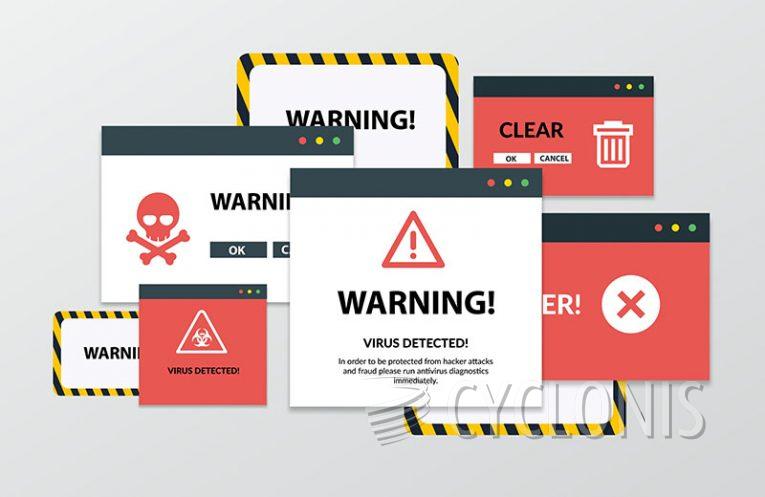Beware of the Azurewebsites.net Pop-Up Scam

Microsoft Azure Web Sites is a legitimate web-hosting platform developed by Microsoft, which assigns a subdomain of azurewebsites.net to the URL of a website created through the platform.
Although users can assign a custom domain to their website for a fee, scammers and distributors of malicious software often misuse this feature to promote tech-support scams. One such scam displays a pop-up window claiming to be a security warning from Microsoft and encourages users to call a phone number to fix an "ERROR # 268d3x8938(3)" within five minutes to prevent their computer from being disabled and data loss.
However, it is important to note that this scam has nothing to do with Microsoft, and users should not call the phone number or download any software prompted by the pop-up. Instead, users can safely close the scam website and terminate the browser process using the Task Manager. This scam is likely caused by unwanted software installed on the user's system, which can redirect the user to unwanted websites, display intrusive ads, and collect information on their browsing behavior.
What Are Some Common Social Engineering Tricks Used by Scammers?
Social engineering is a tactic used by scammers to manipulate people into divulging sensitive information or performing actions that benefit the scammer. Some common social engineering tricks used by scammers include:
- Phishing: Sending fraudulent emails or text messages that appear to be from a legitimate source, such as a bank or social media website, and asking the recipient to provide personal information or click on a link that leads to a fake website that collects their information.
- Pretexting: Posing as a trusted authority, such as a government official or IT technician, to gain access to sensitive information or perform an action on the victim's behalf.
- Baiting: Offering a reward, such as a gift card or prize, in exchange for personal information or clicking on a malicious link.
- Tailgating: Following an authorized person into a restricted area, such as an office building, by pretending to be with them or asking for help.
- Scareware: Using pop-up messages or phone calls that claim the victim's computer or device is infected with a virus or malware, and urging them to call a number or download software to fix the issue.
- Spear phishing: Targeting specific individuals or organizations with personalized messages that appear to be from a legitimate source, such as a colleague or business partner, in order to gain access to sensitive information or credentials.
- Impersonation: Posing as someone else, such as a friend or family member, to gain the victim's trust and convince them to provide sensitive information or perform an action on their behalf.
It is important to be aware of these social engineering tactics and to be cautious when providing personal information or performing actions online or in person. Always verify the legitimacy of requests for personal information or access before taking action.









